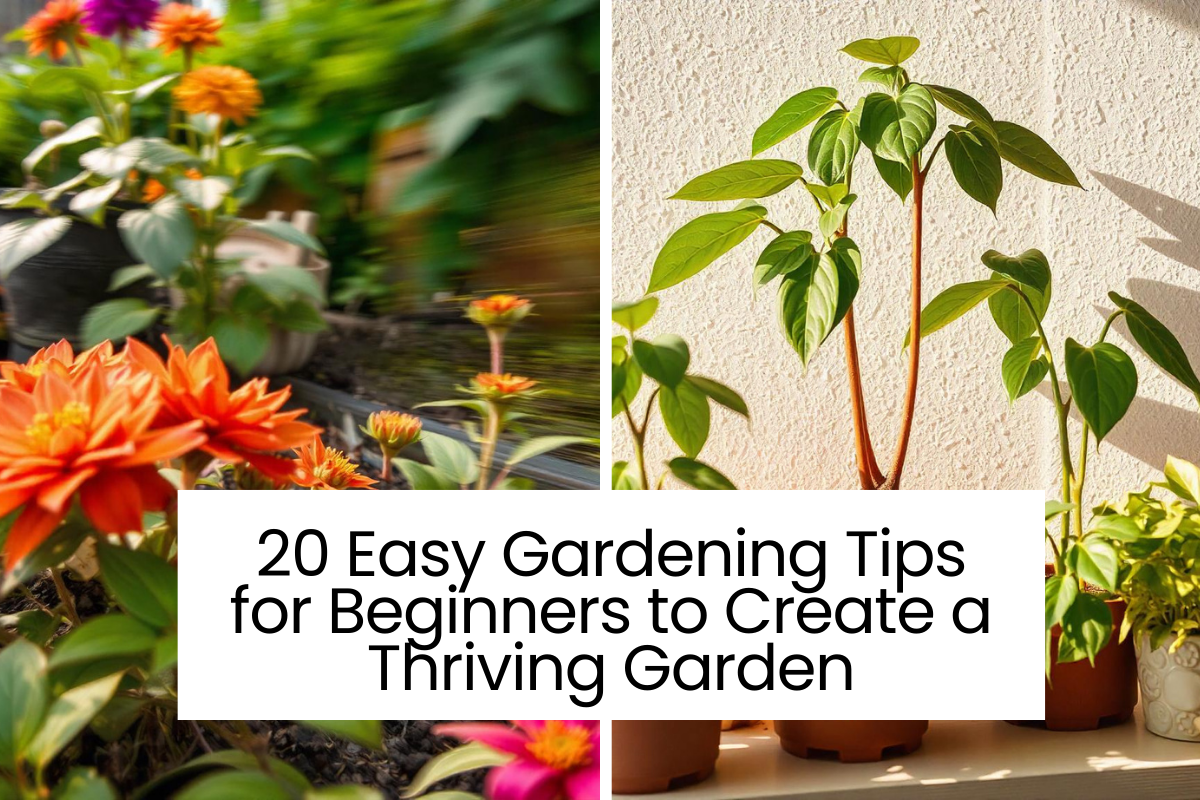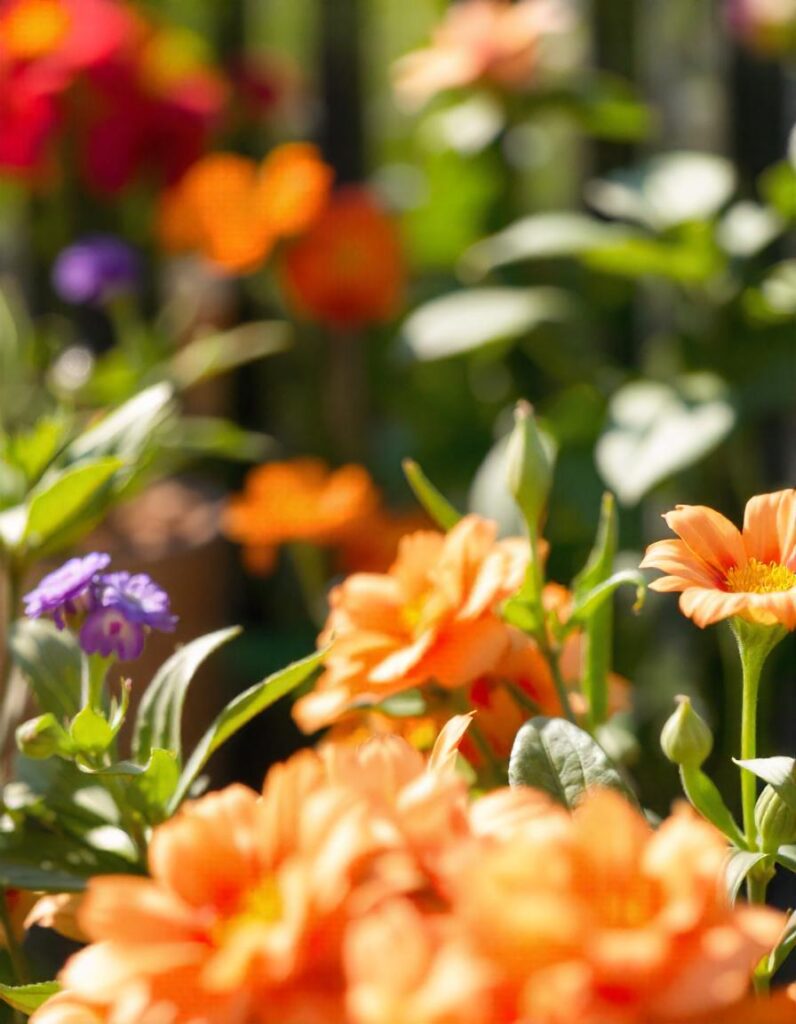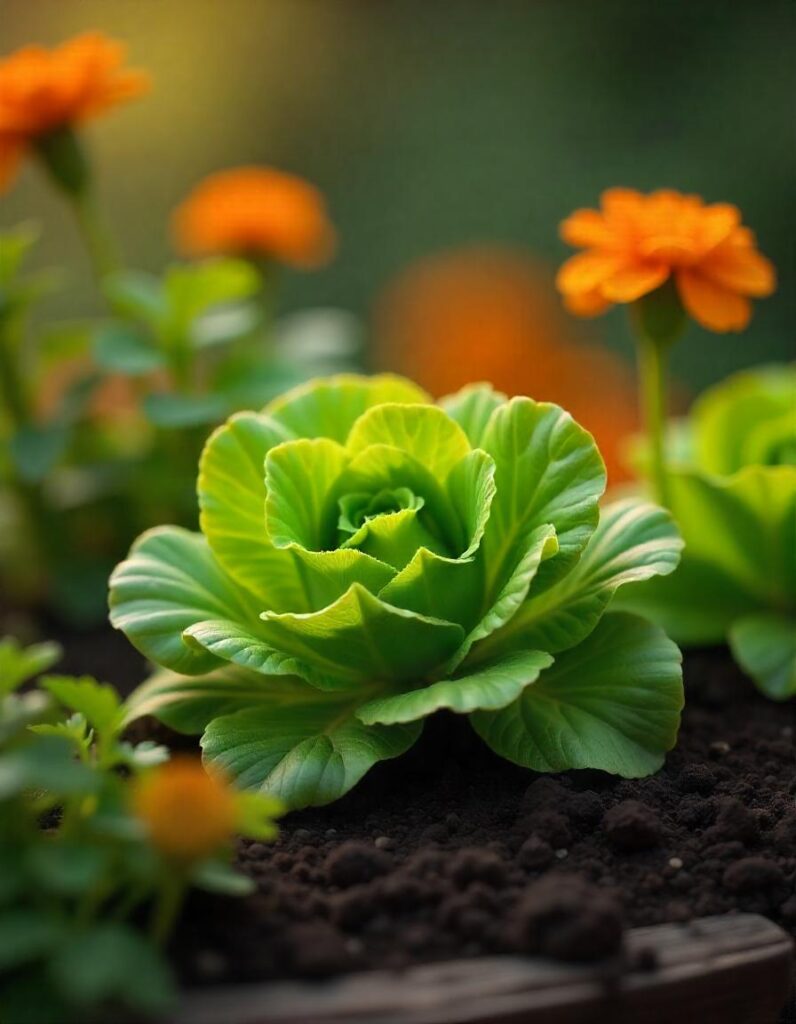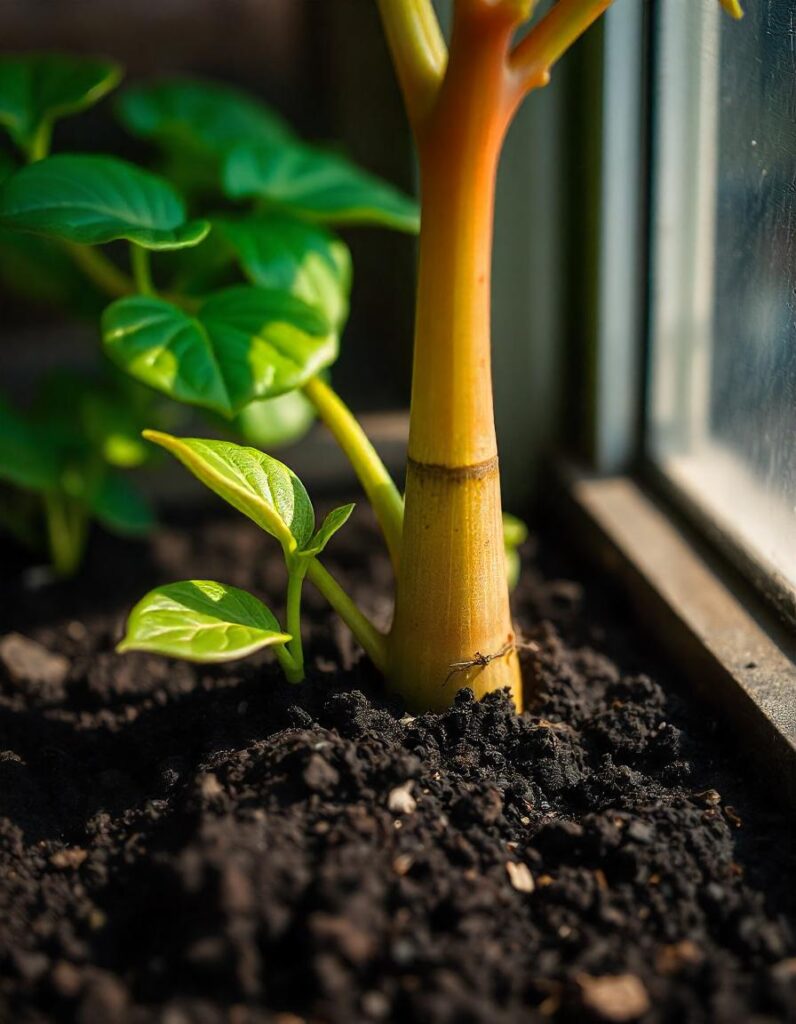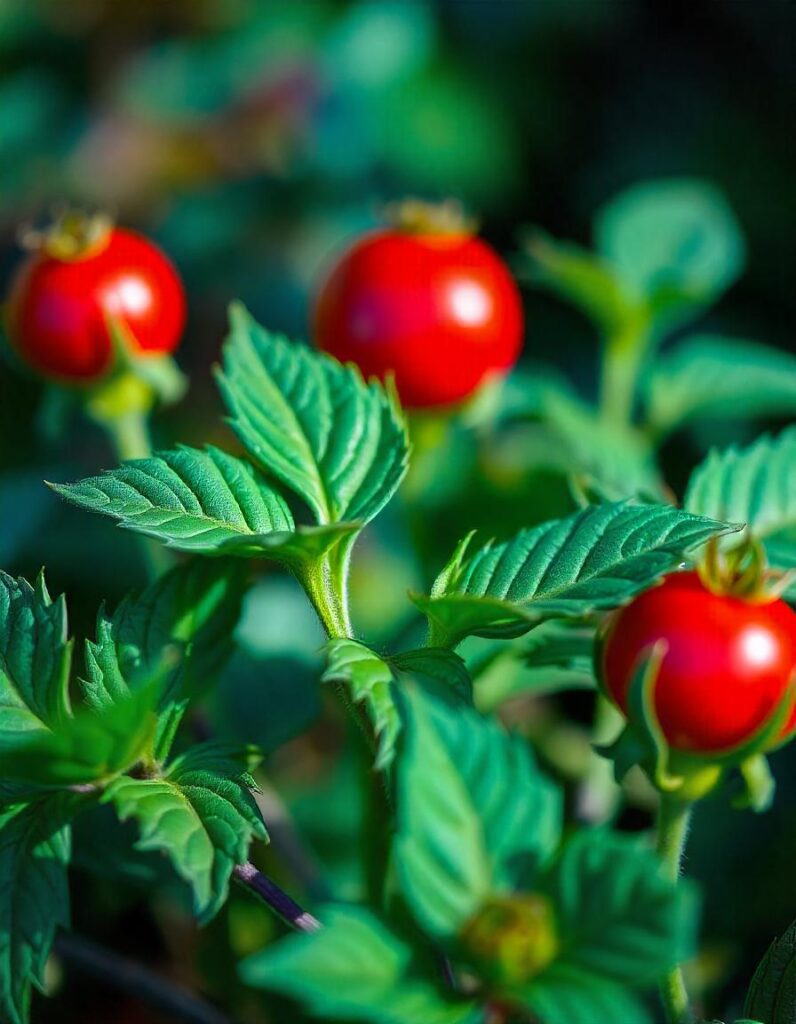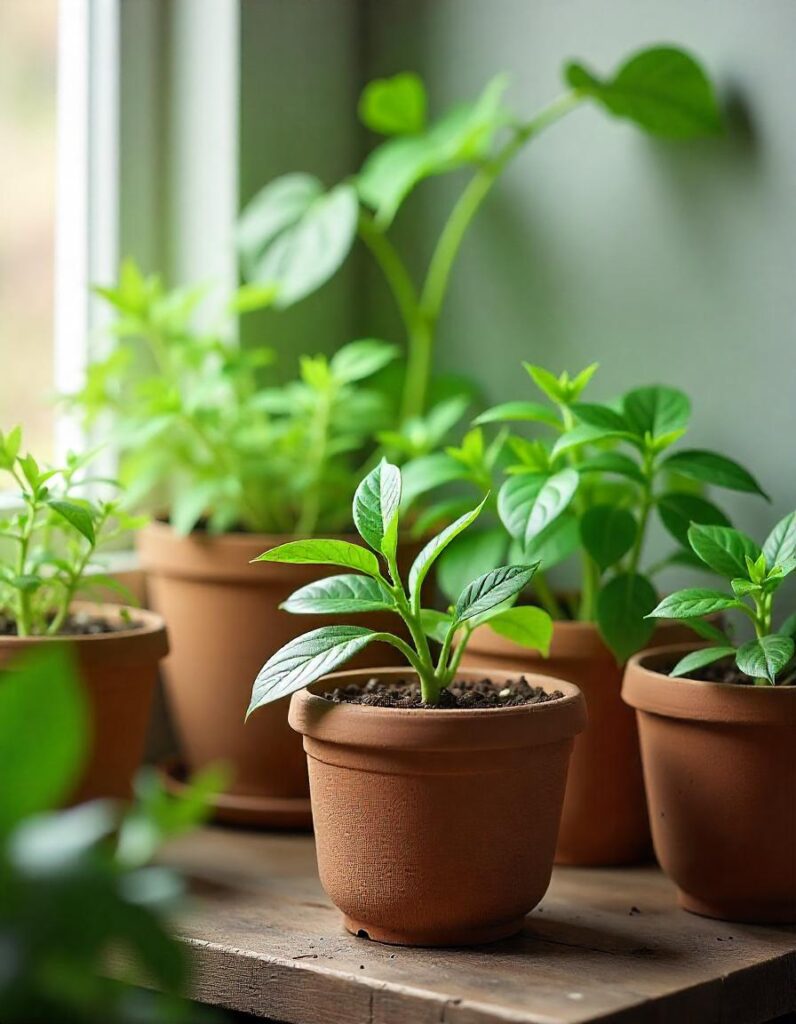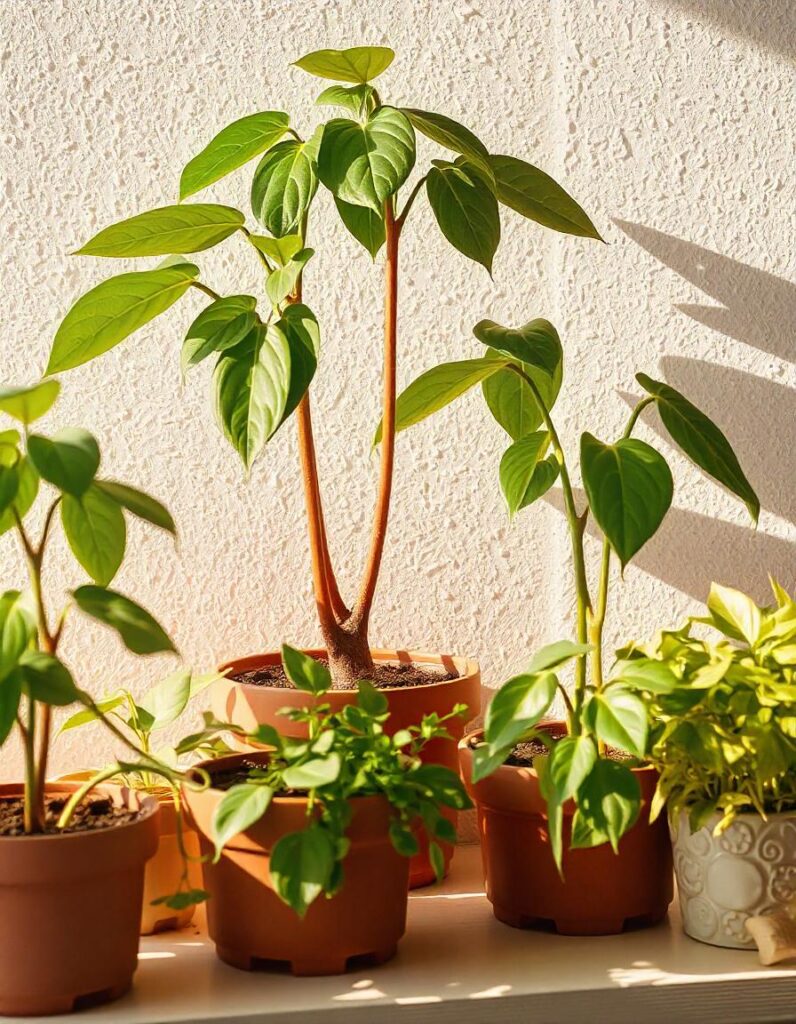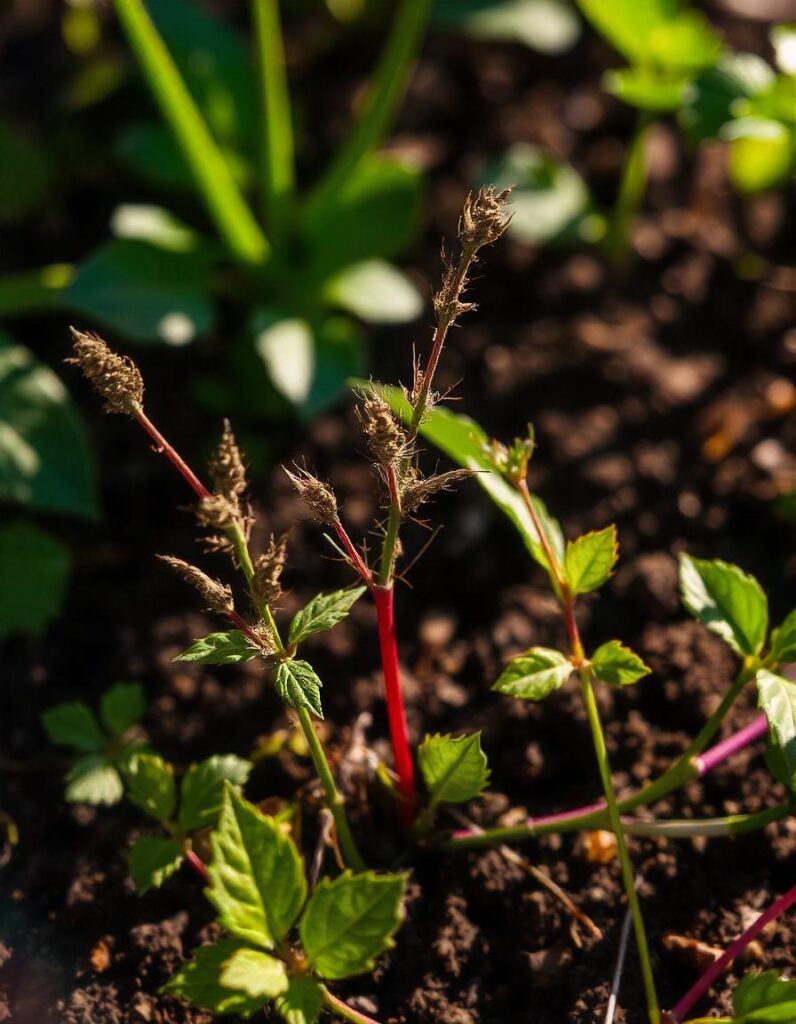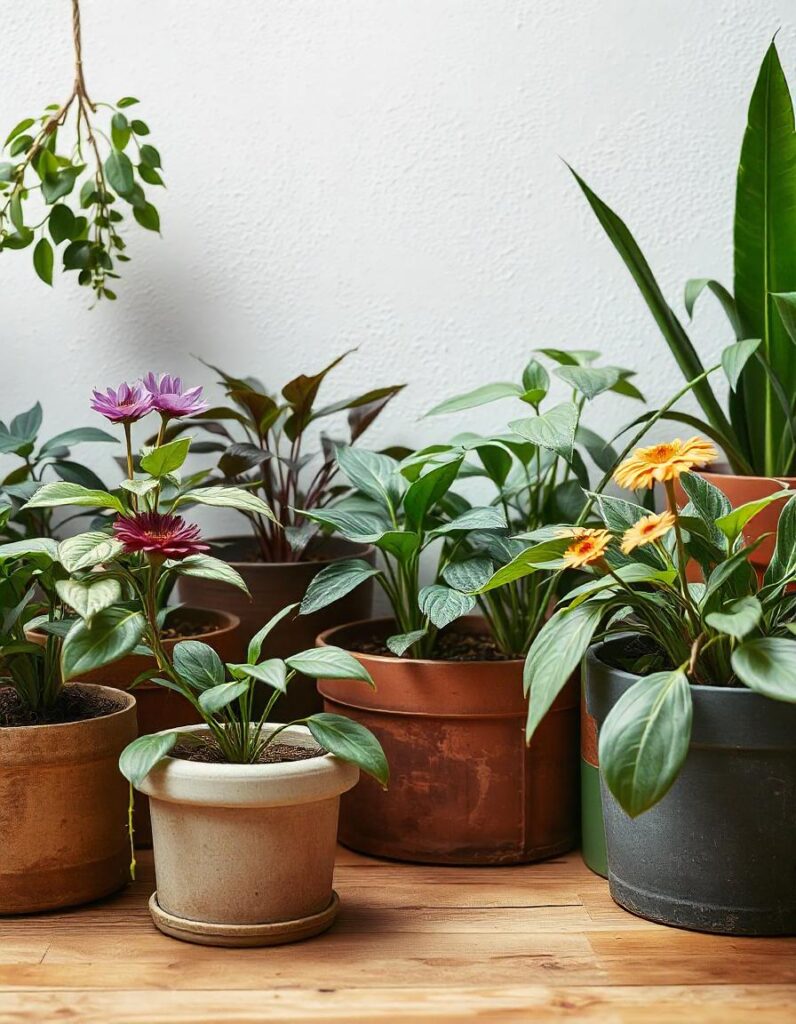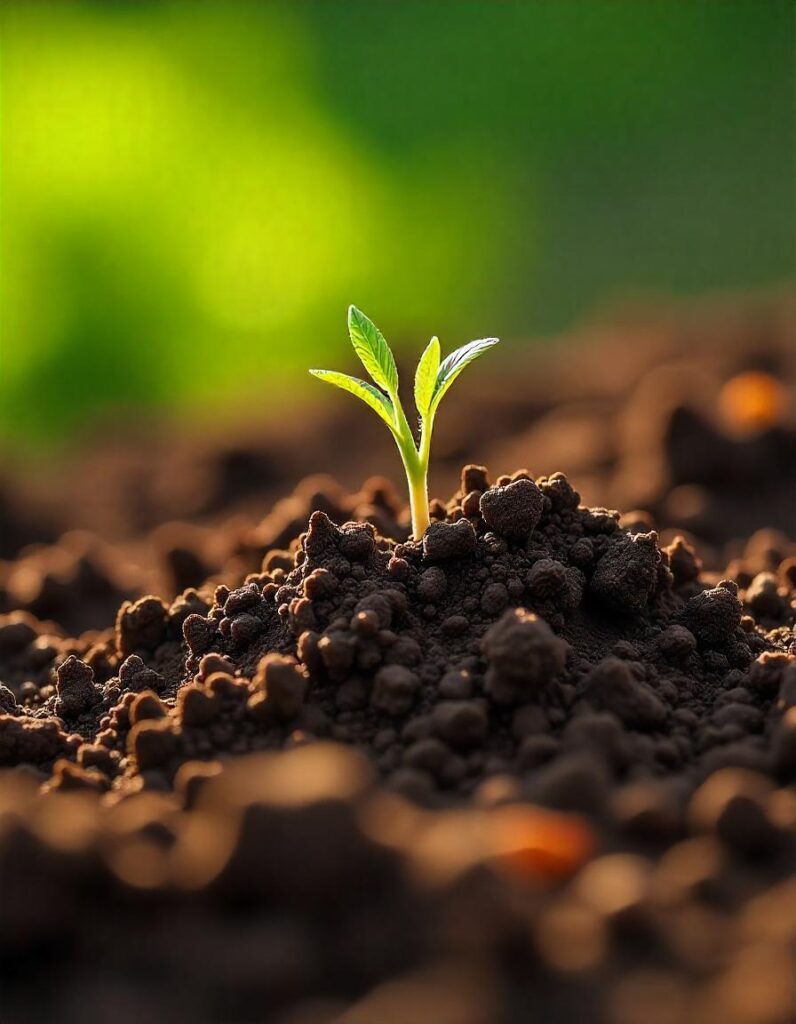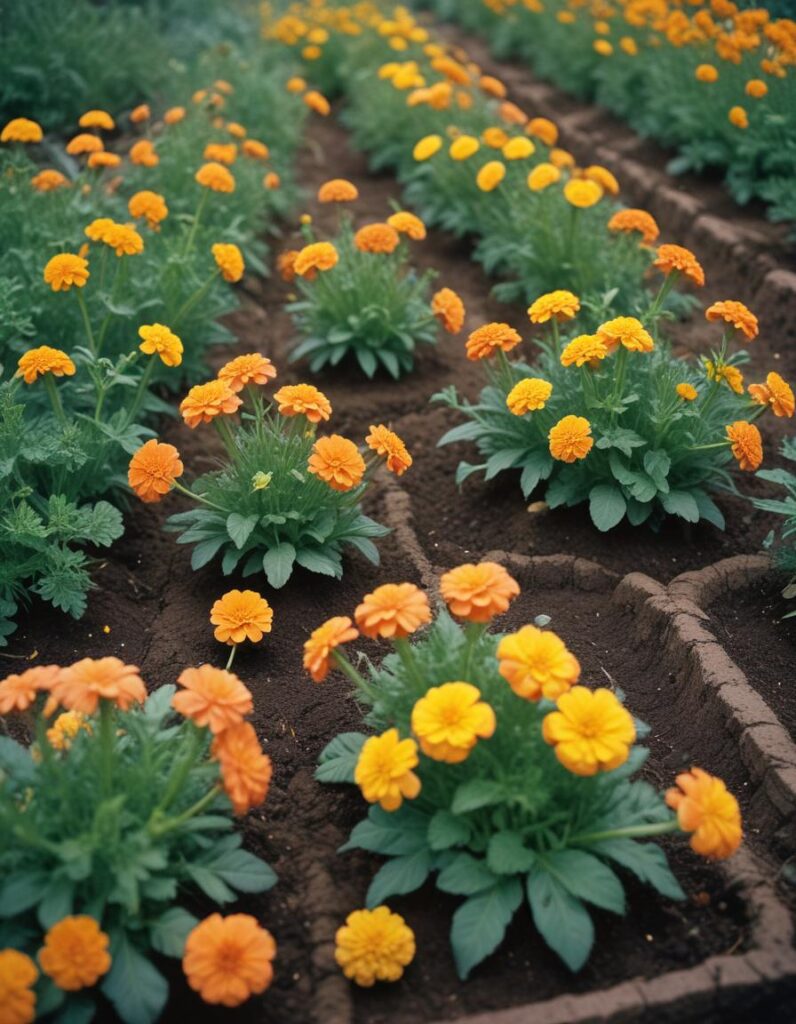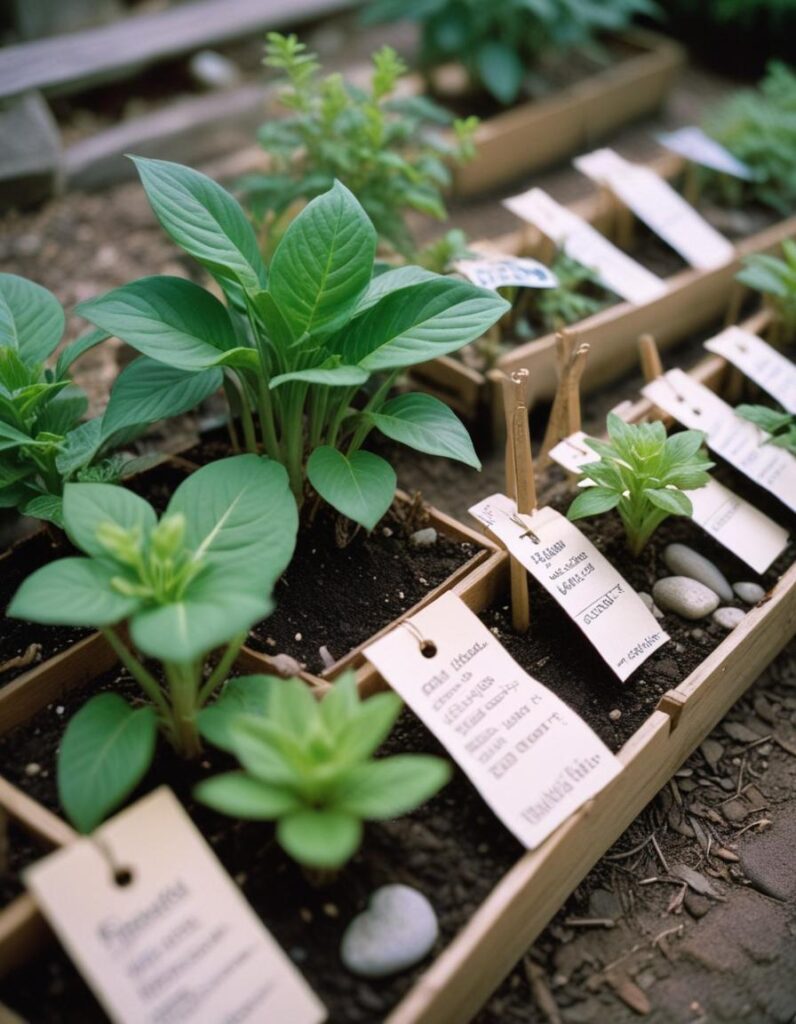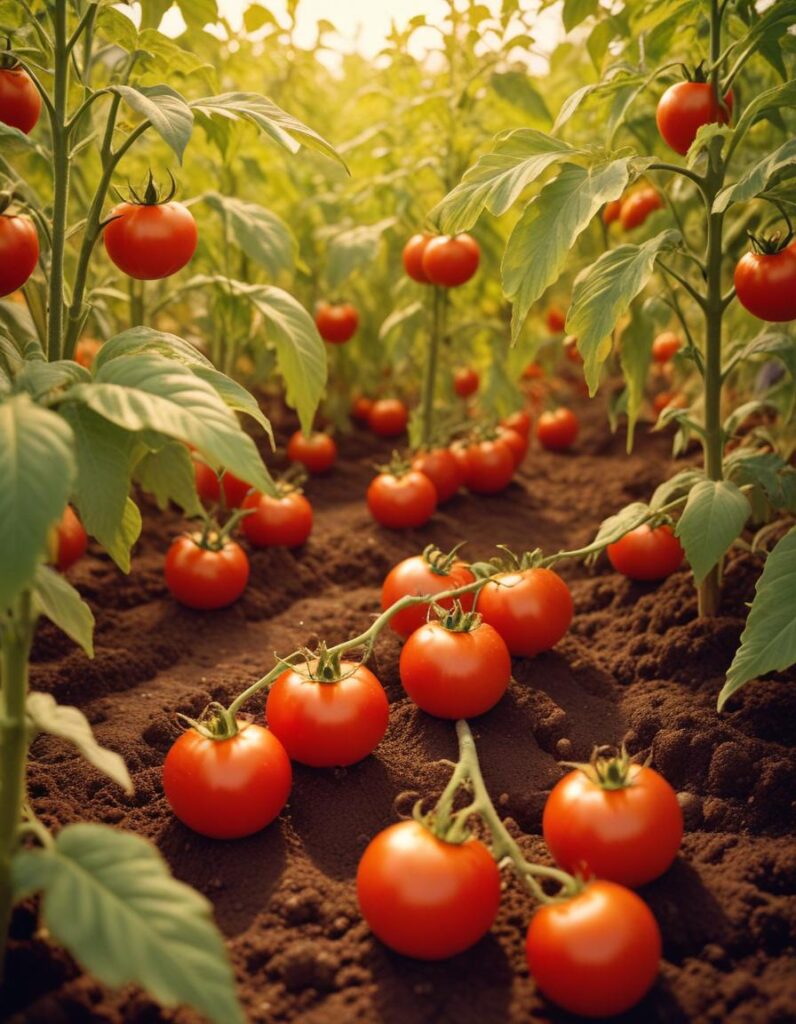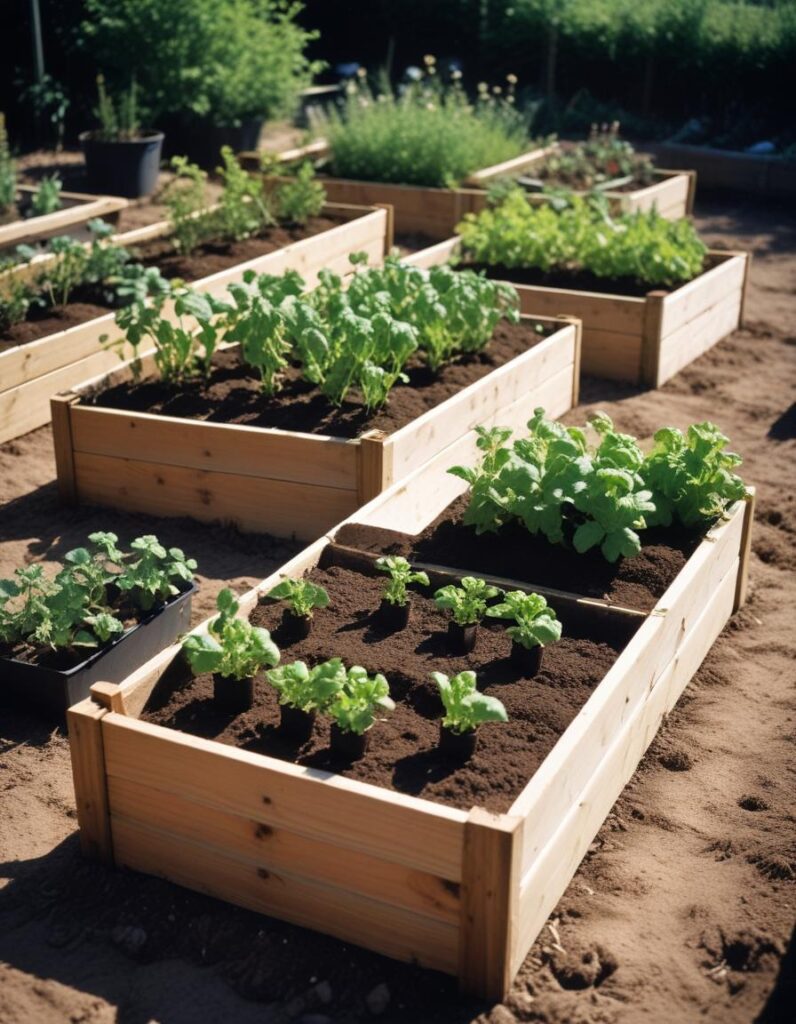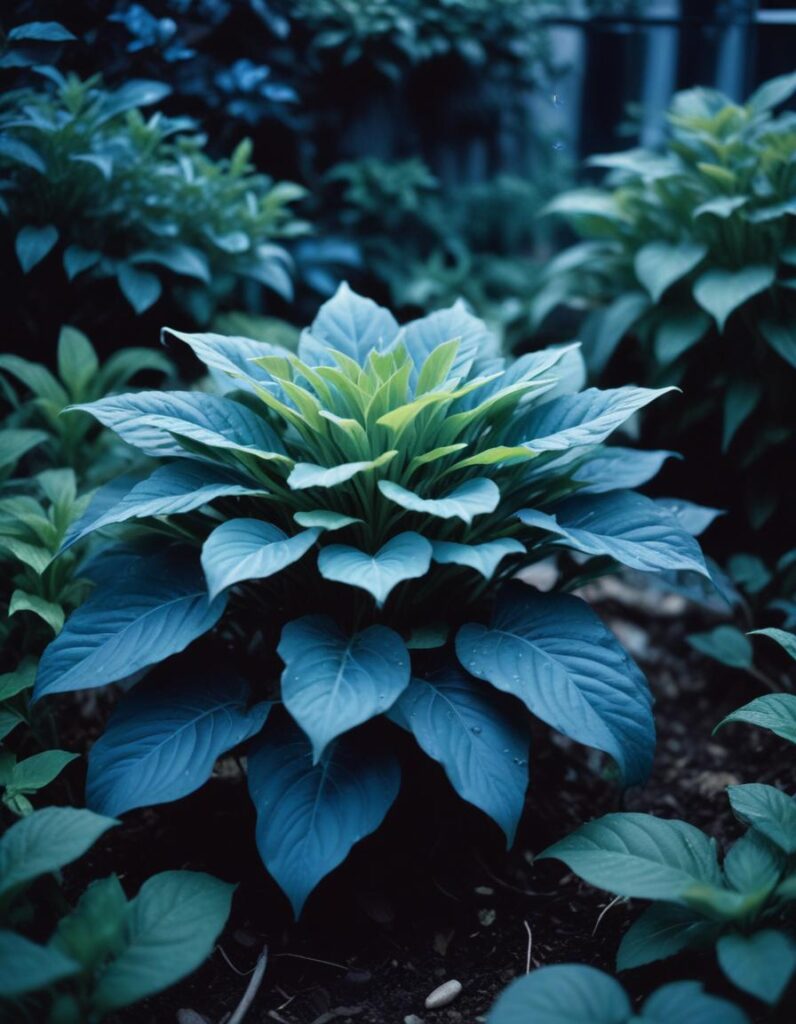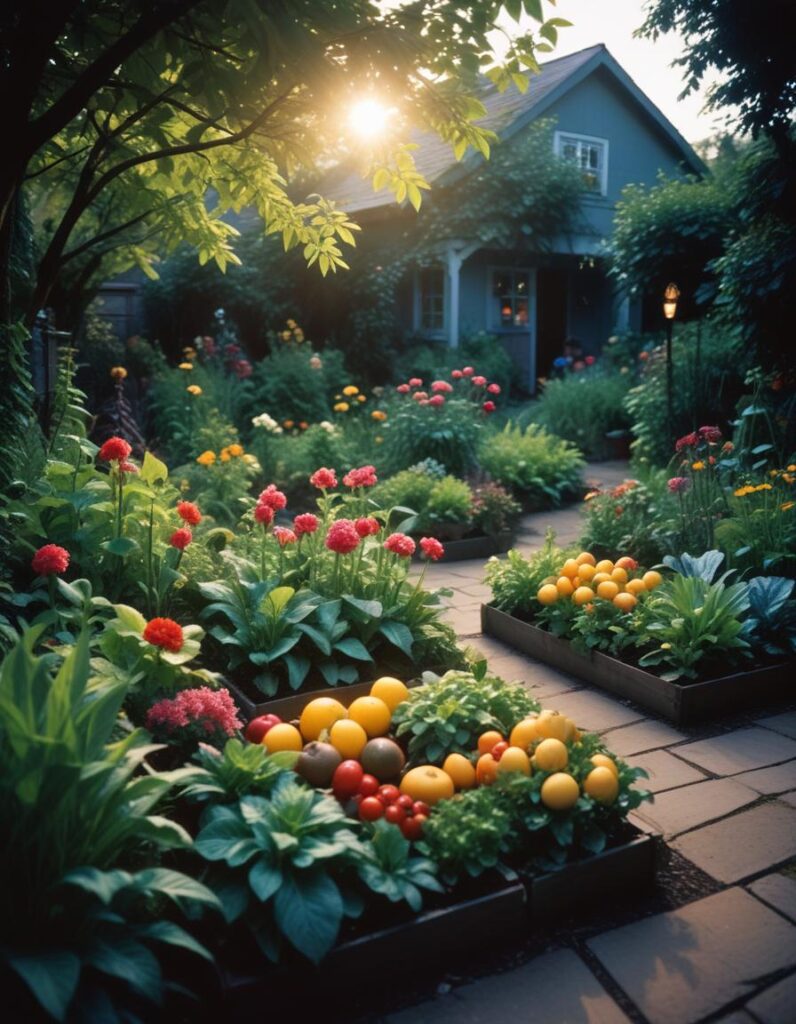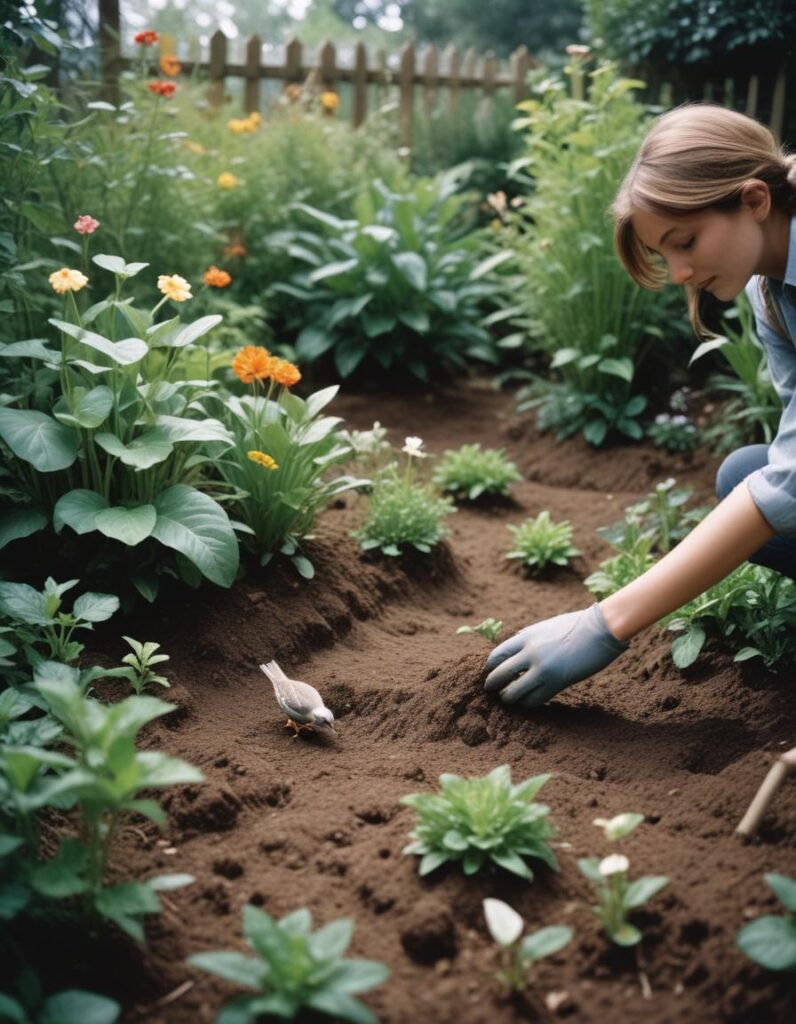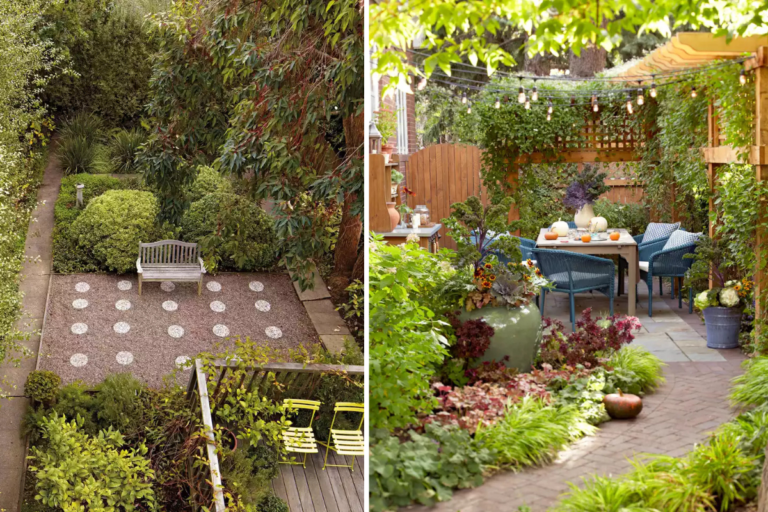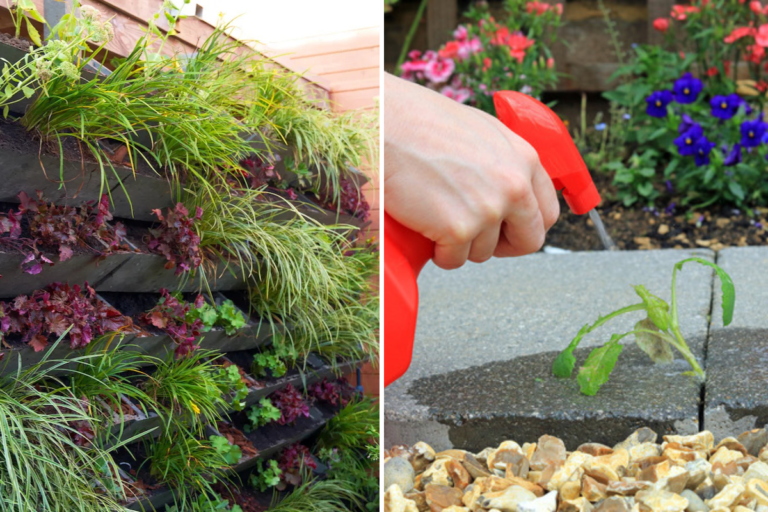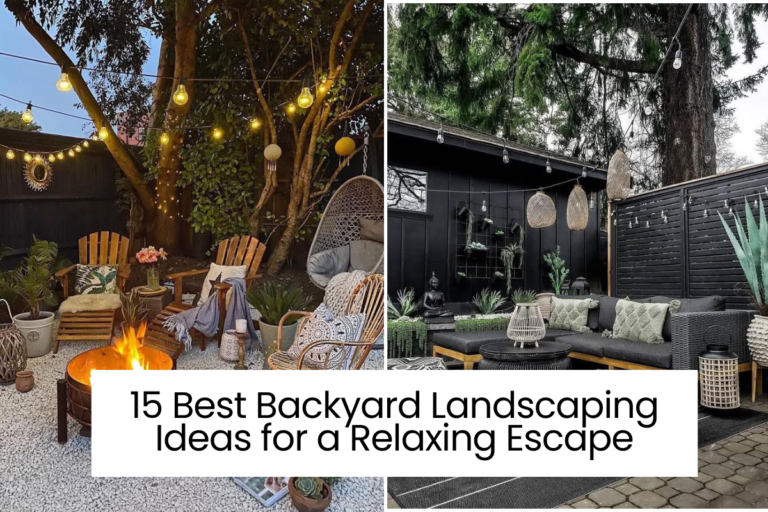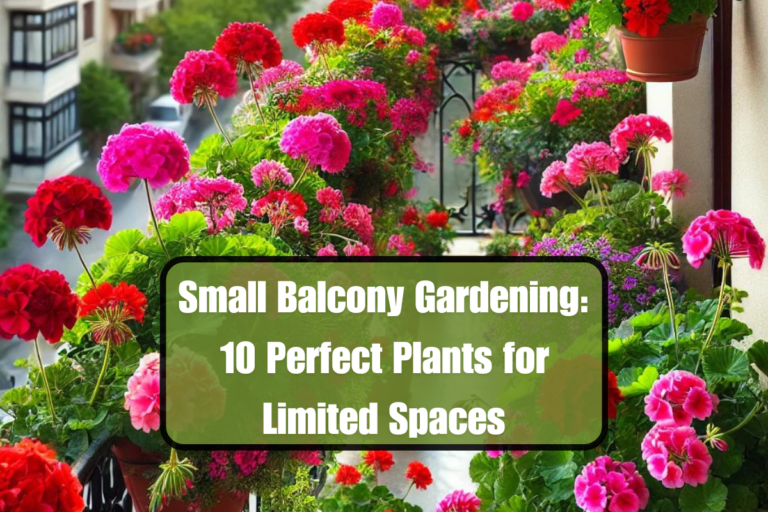20 Easy Gardening Tips for Beginners to Create a Thriving Garden
Gardening is a great pastime and stimulating activity. It brings new air, new exercise, and happiness. It does not matter how big your plot of land is if you can grow a garden in your backyard or just on the balcony. Let me put your mind at ease if you are new to gardening. By following these simple tips, you can have a great beautiful, and healthy garden.
Start Small and Simple
There is more of whatever it is they are growing in their garden and area of expertise. Start with a plot or a couple of pots. Select Simple Plants [Herbs, Lettuce, Marigolds] These already grow quite fast and do not require much maintenance.
Maybe you will be confident when you see that first plant sprout from your efforts. After that, you can gradually increase your garden area.
Pick the Right Spot
Plants need sunlight to grow. Plant it in a location that receives no less than 6 hours of direct sunlight day by day. If you are not sure, just observe the way the sun moves in your garden or balcony.
Make sure the area is also easily accessible for watering and care. Gardening gets better if the location is very convenient.
Use Good Soil
A healthy plant begins with a healthy soil. Use soil that is dark, crumbly, and rich. When your soil appears quite dry or sandy, apply compost. Think of compost as a plant vitamin, naturally produced.
So you could purchase it or do what I do and save several kitchen scraps (fruit peels, veggie ends, etc.) and make some compost yourself.
Choose the Right Plants
The climate associated with your state or region has a huge impact on your plant’s survival. Discover what grows best in your neck of the woods. Check out a local nursery or garden center for information.
Look for beginner-friendly plants to start with. New gardeners should consider planting tomatoes, basil, and sunflowers.
Water Wisely
Plants need water to live, but the excess (or shortfall) can affect them negatively. Always check the soil before watering. Wait until it feels dry an inch down to the water.
Water in the morning so your plants can soak it up before the sun gets so warm. Watering late at night is not ideal because the leaves tend to remain wet and this can lead to disease.
Feed Your Plants
Plants also need food, like human beings. Fertilizer is a substance that adds nutrients to soil so that plants grow strong. You can use organic fertilizers such as fish emulsion or compost tea.
Prepare as per the instructions on the package. Overfeeding can also damage plants.
Remove Weeds
Weeds will fight your plants for water, sunlight, and nutrients. Keep looking in your garden for weeds and remove them.
Weeds are easiest to pull out right after watering or rain – the soil is soft.
Give Plants Space
Well, when plants become crowded they just don’t do well. They struggle for light, water, and air. Read the seed packet or plant label for spacing information.
Give enough room for every plant to spread its roots and branches.
Protect from Pests
Harmful insects and slugs damage plants very well. Look for holes in leaves or a sticky substance.
Keep pests away with natural asthma buster herbs like neem oil or a blend of water and dish soap. Attract beneficial such as ladybugs that feed on detrimental pests.
Mulch the Soil
Mulch is a protective layer of material laid on the ground. Keeps moisture in, prevents weeds, and nice look garden
Use mulch from wood chips, straw, or even shredded leaves. Deployment around plants and away from the stems of those plants.
Prune Your Plants
Pruning refers to the trimming of dead or overgrown branches in plants. It allows them to grow more nicely without being messy.
Scissors or a pruner that are clean and sharp Take it slow and don’t shave too much off at the same time.
Get Into Companion Planting
There are plants that get along and plants that do better when grown next to each other. For instance, marigolds can be planted around your vegetables to deter pests. There is an activity called Companion planting.
Look it up or inquire with a local gardener about which plants are supportive of each other in your climate/location.
Label Your Plants
It is helpful to label all your plantings, as it can be easy to lose track of what you planted where—especially if you are growing from seed. Given the use of labels to identify each of the plants.
You write on wooden sticks, stones, or plastic tags This keeps you organized and takes care of all the plants.
Be Patient
Gardening takes time. While few plants grow very fast, others can take from weeks to a few months! If you do not see results at first, do not be disappointed.
So take your time, enjoy the process, and celebrate little victories, like the first sprout or flower.
Rotate Crops
If you plant vegetables, remap their position each year. It stops pests and diseases from occurring in the soil.
This could mean growing tomatoes in a location one year, followed by beans in that same location the next year. This keeps the soil healthy.
Use Raised Beds
Use raised beds if you have poor soil. They are wooden or plastic boxes filled with good-quality soil. These need to be simpler and less complicated for gardening.
Since raised beds drain better this also helps reduce overwatered plants.
Recycle and Reuse
Gardening does not have to require money. Old containers, buckets, or jars can be used as pots. Collect rainwater in barrels to water your garden.
Even old papers could be recycled as mulches to cover the land.
Learn from Mistakes
Mistakes happen to every gardener. You either gave the plant far too much water or planted it in the wrong position. That’s okay!
Every single mistake is a new lesson. So, learn as you go and each year your garden will improve.
Share Your Garden
Gardening is more practical with the company. Bring over your friends or family to visit your garden. Let someone else enjoy the surplus of your fruits, vegetables, or flowers.
Alternatively, you can join a gardening group or community to share tips and ideas.
Enjoy the Journey
Keep in mind, that gardening is as much about the journey as it is the destination. It channels into appreciating wildlife and the outdoors. Take a deep breath, and watch the birds & soil in your palms.
Give yourself small wins to celebrate and bask at all times in the peace that gardening brings.
Now armed with these 20 tips, you are ready to begin your gardening adventure. Finally, take it easy, have fun, and notice how your garden flourishes. And before long it will be a living, breathing beautiful space.

